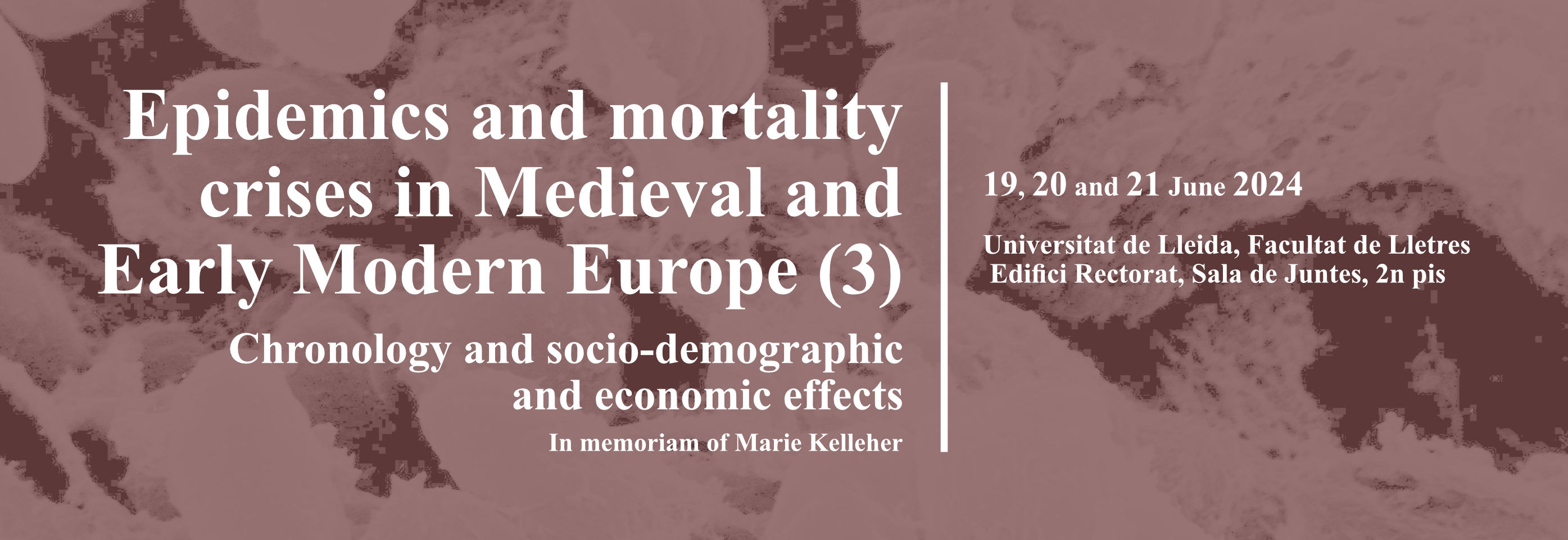Current concerns about the environment and pandemics are undoubtedly influencing historiography: many studies discuss the relationship between climatic upheavals and epidemics in the Middle Ages, and the responses to them in ancient societies. In the best of cases, this historiographical renewal has shattered the consensus that seemed to exist on certain periods of ancient and medieval history, which had previously been described almost exclusively as 'periods of crisis' or growth. Conversely, however, attention to environmental phenomena has also led to less refined or even opportunistic responses that sometimes resurrect a certain natural and environmental determinism. This minimizes the fundamental role of human societies in the genesis and resolution of crises.
In this thematic network, our aim is to go beyond this neo-determinism and to study epidemics and food crises, sudden, brutal and non-structural, and the responses to them within different social, political, rural and/or urban communities. We adopt as our privileged geographical framework the (mainly western) Mediterranean, between the 8th and 16th centuries, but we do not want to deprive ourselves of the expertise of several partners who have also thought about these issues for Northern Europe.
The network proposed here aims to be a step in the construction of an international project on epidemics, food crises and the reaction of societies to crises, involving a network of universities in Brazil, Argentina, the United States, the United Kingdom, Spain, Italy, Belgium, and the Netherlands.


